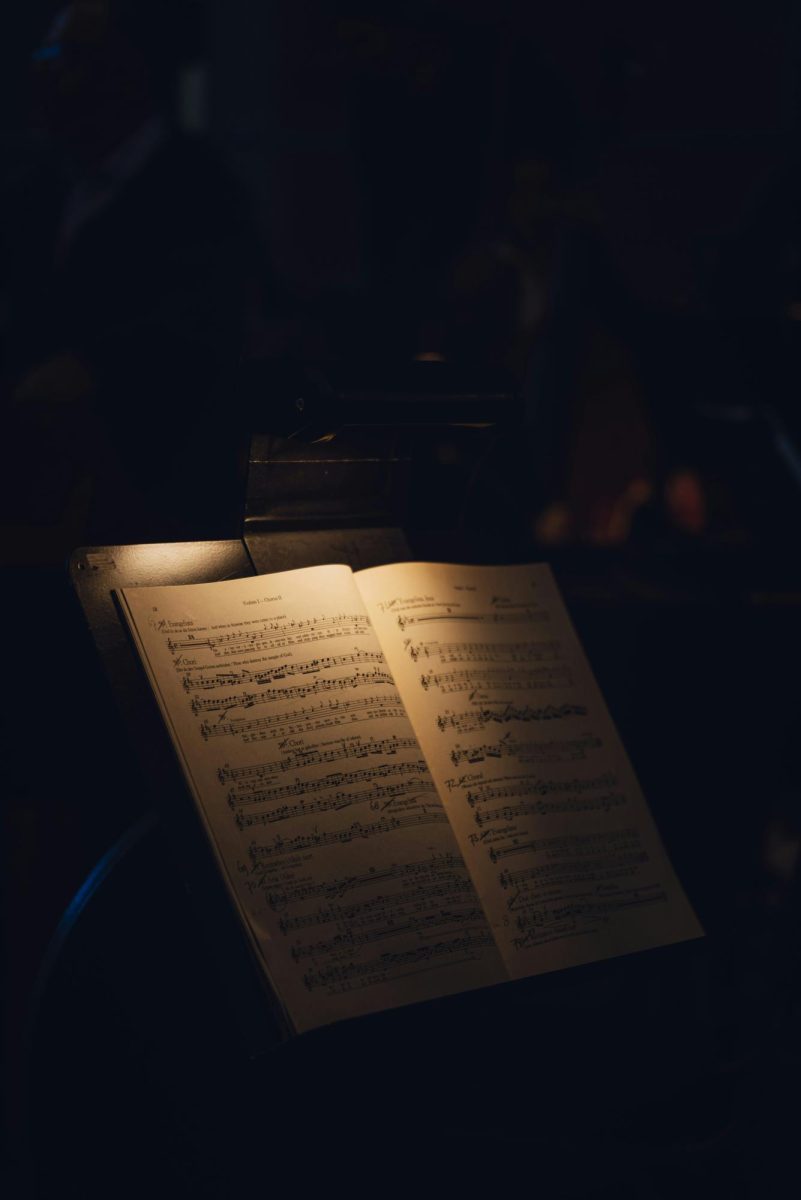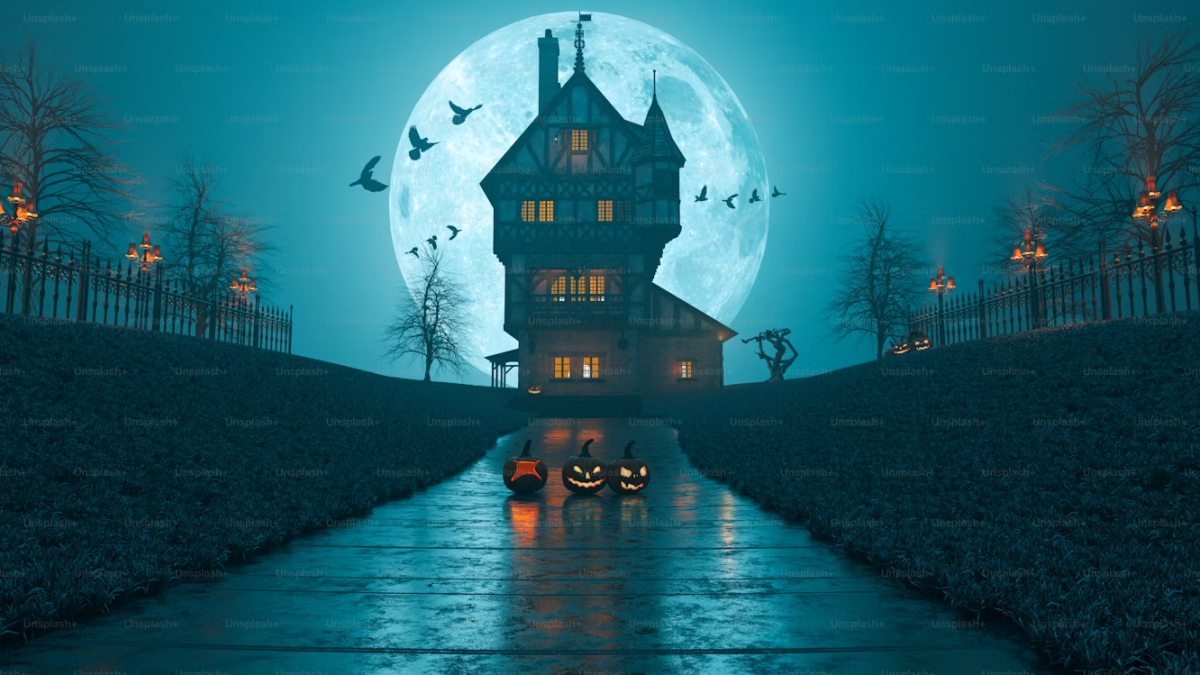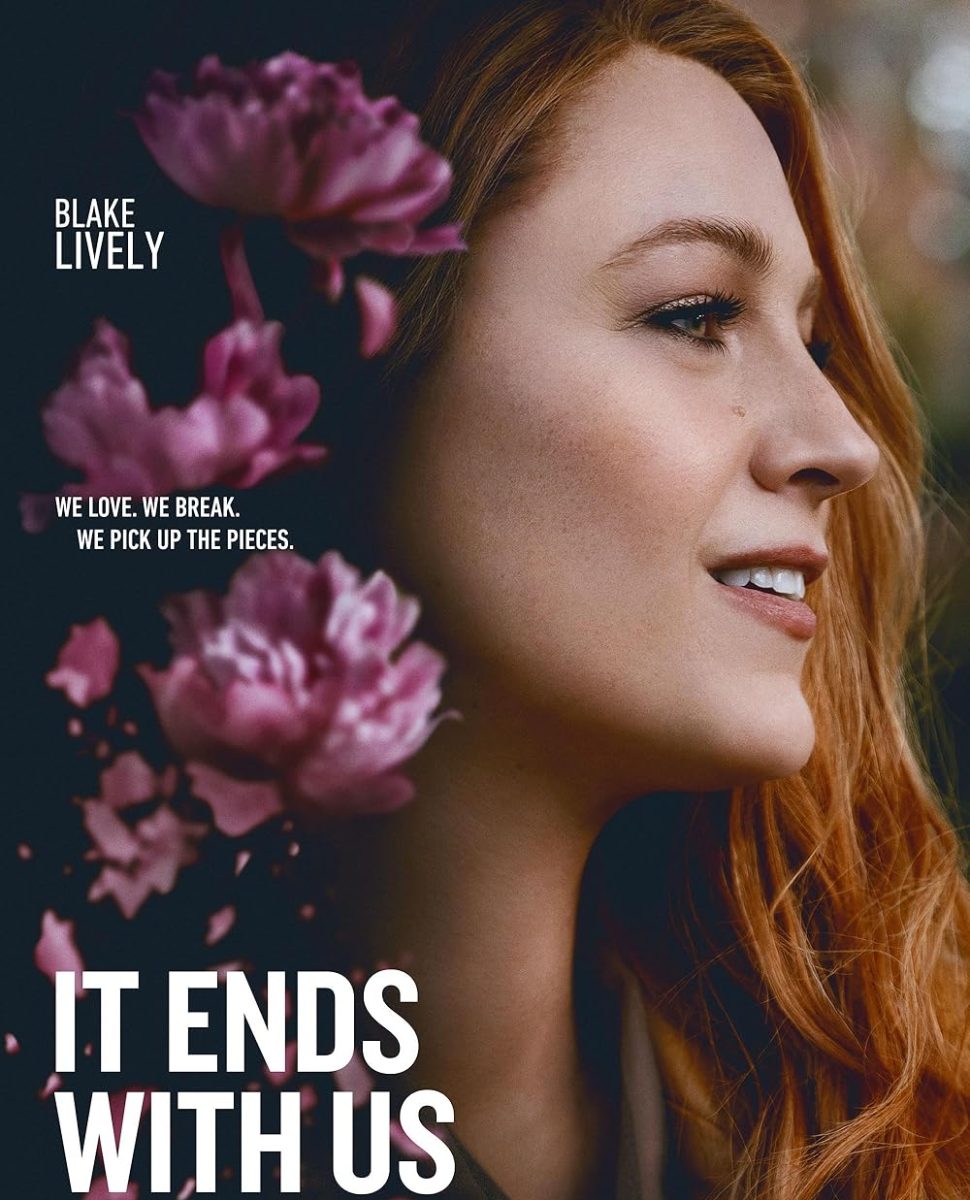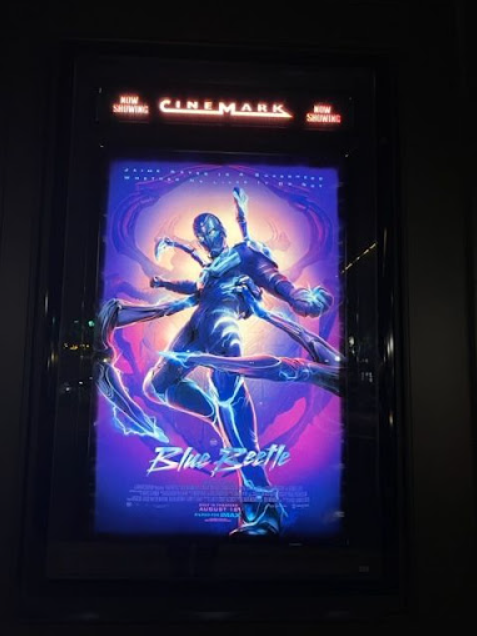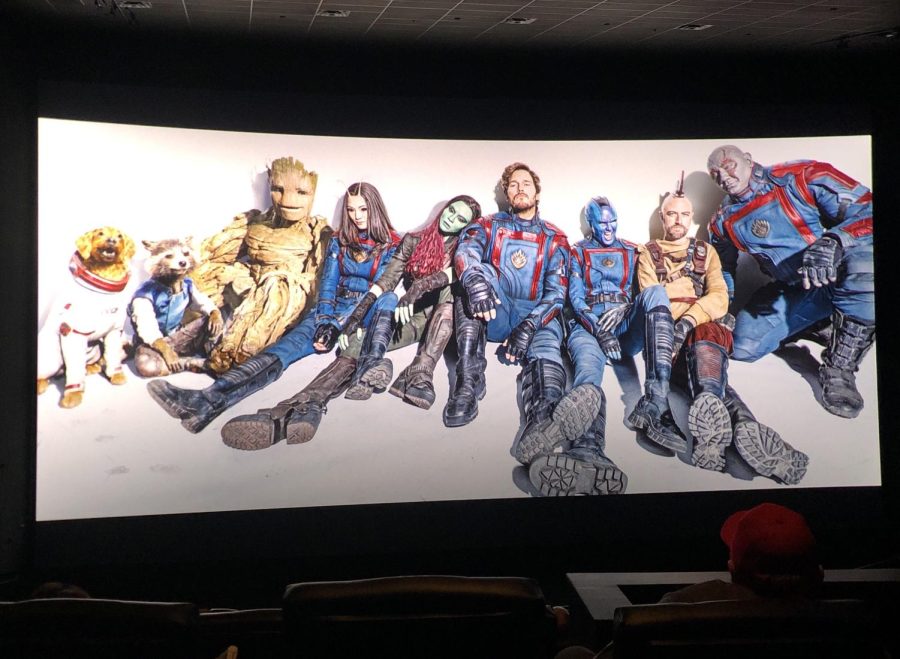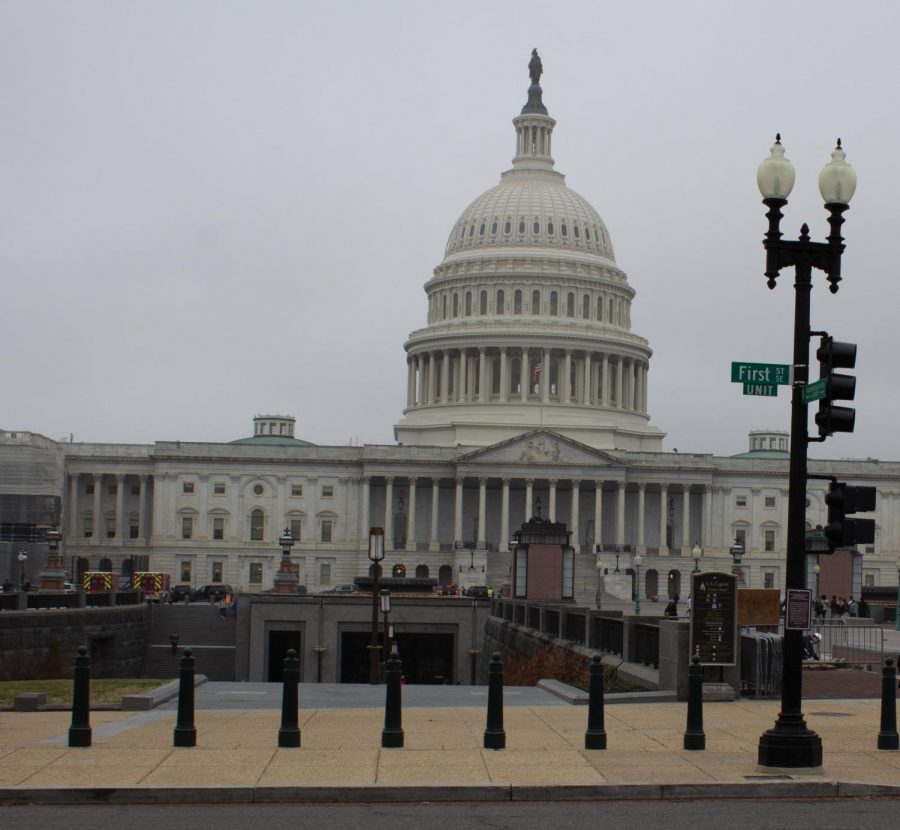A movie is good when, at its end, the audience just sort of sits still in silence, frozen in the theater; a movie is great when that feeling of speechless awe persists into the hours that follow viewing. “Gone Girl,” a screenplay adaptation from the bestselling novel by Gillian Flynn, was diabolical and brilliant to say the least. From beginning to end, it is 145 minutes of white-knuckled suspense, as viewers are given a look into the mind of a particularly beautiful and creative sociopath. And that is just the beginning.
It’s impossible to do the plot a fraction of justice without spoiling it completely, in part because it relies on two very important twists that jerk the story from one direction to the other within a matter of seconds. What I can say, however, is that the story begins when Amy Dunne– main character and wife of Nick Dunne– goes missing. From then on, viewers experience a convoluted police investigation from two points of view: that of the husband, who must cope with his wife’s’ disappearance and the fact that he is the prime suspect, simultaneously… and that of the wife, who is actively missing.
In terms of execution, this movie was spot on. Everything from choice in actors right down to specific pieces of furniture used on set factored in to make this film unique and gripping. As someone who has read the book, and someone who is notoriously picky for ripping apart movies that don’t do their respective books justice, I can honestly say that Gone Girl is one of my most highly praised adaptations I have ever seen. Taking a novel as complicated as Gone Girl and making it into a movie is inconceivably difficult, yet, somehow, they managed spectacularly. There were no important plot developments left untouched, no key dialogue left unsaid, and even the actors stayed in the realm of what I expected… for the most part. In addition, when things were unlike the way I expected them to be, I actually found that it enhanced the story instead of hurting it.
In fact, in the first five minutes, I thought I was going to hate the movie. Amy—the wife, played by Rosamund Pike—initially struck me as absolutely wrong for the role. I expected someone more conventionally sweet, like Carrie Underwood or Reese Witherspoon. Pike, with her long, drawn out voice and her wispy mannerisms was a bit hard to get comfortable with. As the plot was beginning to reveal itself, this lack of rhythm in her performance made me feel painfully aware of the fact that she was an actress, I was a viewer, and none of it was real; it was stale. However, by the end of the movie, I realized that this feeling of uneasiness that I experienced was intentional on part of the casting crew. Pike is not supposed to be a likable character, but an intense one, even creepy. This took getting used to, but ultimately made the film more powerful.
Nick Dunne—husband of Amy—was played by Ben Affleck, and was my favorite foil character that I have ever seen pan out in a film. The dynamic between Affleck and Pike is electric, making me fall in love (and hate) with both of them, just as they are falling in love (and hate) with each other. Viewers are an extension of their disjointed marriage as the two complement one another with honest, raw performances. A huge theme throughout this movie is marriage– the ups, the downs, the sacrifices and the question of whether it is worth it– it’s an interesting topic to take on, and I don’t think any other duo could have done it as well.
I was interested to find that, besides Ben Affleck, Neil Patrick Harris, and Tyler Perry, the cast mostly consisted of less renowned actors. To me, this made it all the more powerful because I saw each character as just that: a character, and not just an attempted extension of whichever actor was playing them. It felt more like a creepy documentary on a murder mystery, and less like celebrities masquerading as this-and-that role. For instance, whenever Margot– Nick’s sister– spoke, I didn’t see her actress (Carrie Coon) competing with her earlier roles to convince me that she was Nick’s sister, I just saw her as Nick’s sister. The fact that a lot of these leading roles were played by anonymous faces made the performances more genuine.
The movie, in its entirety, is almost impossible to categorize. To say it is a horror movie would overemphasize its focus on murder, but to call it a mystery would rob an understanding of how sick and twisted it truly is. There’s no question about whether it is dramatic, and there’s even a bit of comedy sprinkled organically—and very necessarily, for relief—when intense scenes were overwhelming. It achieves the perfect balance, and I attribute all that to the writer, Gillian Flynn, for masterminding both the novel and the adaptation to film.
See this movie if you want to have your mind blown. See this movie if the idea of being wickedly outsmarted sounds even somewhat interesting. (Also, see this movie if you are older than 17 or with an adult, because it is rated R…) Good acting, phenomenal story: really, there is nothing to complain about. Buy a ticket and be one of the speechless people who is unable to get up at the end of the film.



